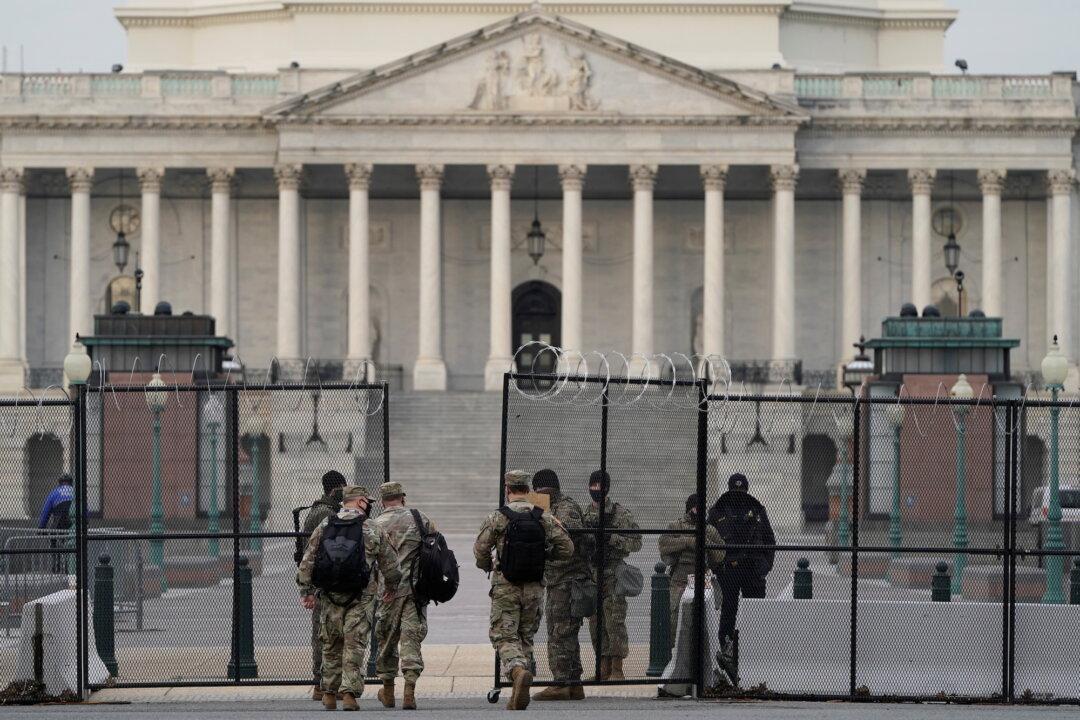Commentary
There’s a very strong argument that the Constitution does not permit impeachment of a former president. Unfortunately, President Donald Trump’s lawyers failed to present it.

There’s a very strong argument that the Constitution does not permit impeachment of a former president. Unfortunately, President Donald Trump’s lawyers failed to present it.